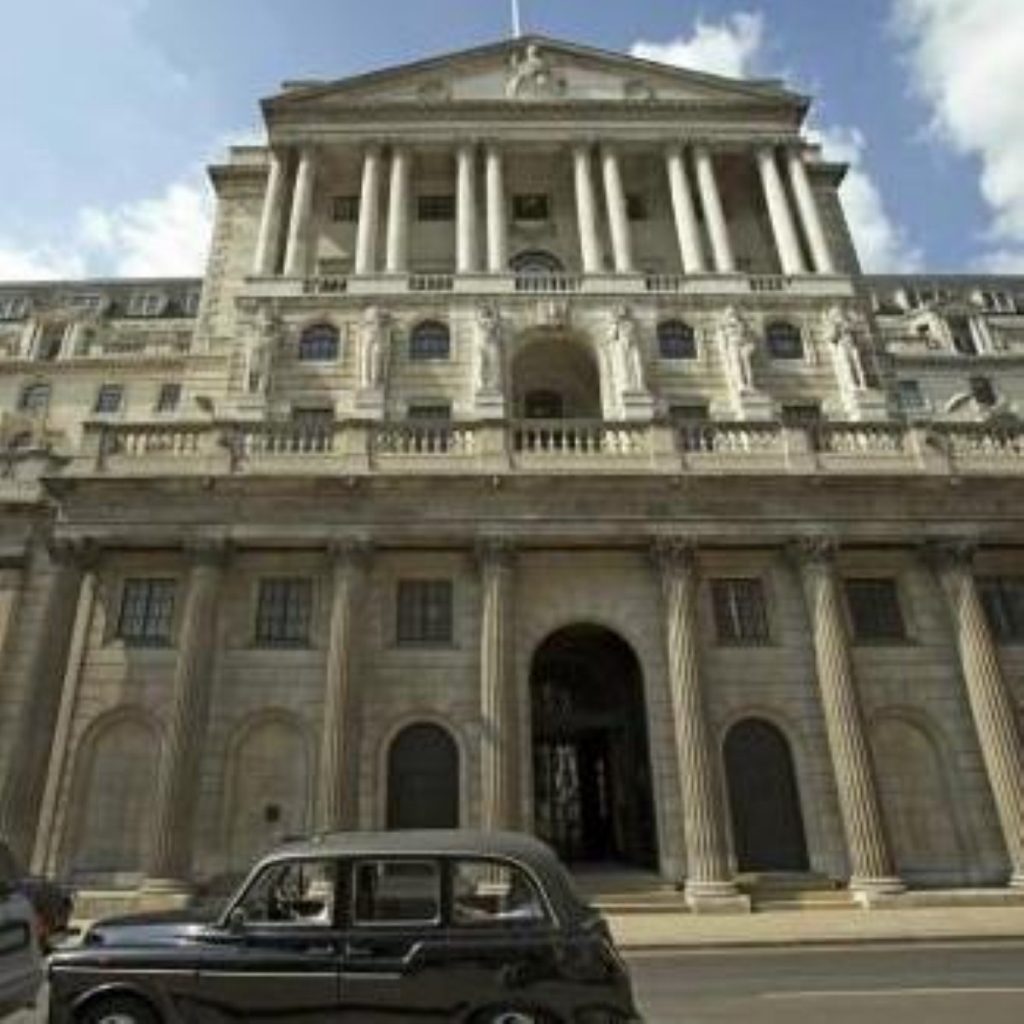Interest rates cut
The Bank of England today cut interest rates for the first time since July 2003.
The monetary policy committee (MPC) lowered the UK’s underlying rate of borrowing from 4.75 per cent – a three and a half year high – to 4.5 per cent.
Widely anticipated by economists, the interest rate cut follows a wealth of economic data indicating a stuttering UK economy.
Surveys by Reuters and Bloomberg reveal that 78 out of the 87 economists polled expected a rate cut, with the rest expecting a freeze.


“A 0.25 per cent interest rate cut to 4.5 per cent now seems a nailed-on certainty on Thursday,” said Howard Archer, chief UK economist at consultancy firm Global Insight, ahead of the decision.
In the run-up to the meeting influential groups including the Confederation of British Industry and the Institute of Directors also called for rates to fall.
And in its 100th meeting the MPC did not disappoint – reducing the cost of borrowing for the first time in 25 months.
The 0.25 per cent fall in interest rates will reduce mortgage repayments for the millions of homeowners on variable rate, discounted rate, capped, and tracker mortgages. However, it will also see a fall in the rate of interest paid on many savings accounts.
By making debt cheaper and savings less lucrative, a cut in interest rates should have the effect of boosting spending, as well as offering support for the ailing property market.
Over its 100 meetings to date, the MPC has held interest rates 69 times, increased them 14 times and cut them 17 times. Mervyn King, current governor of the bank, is the only person to have attended all 100 meetings.

